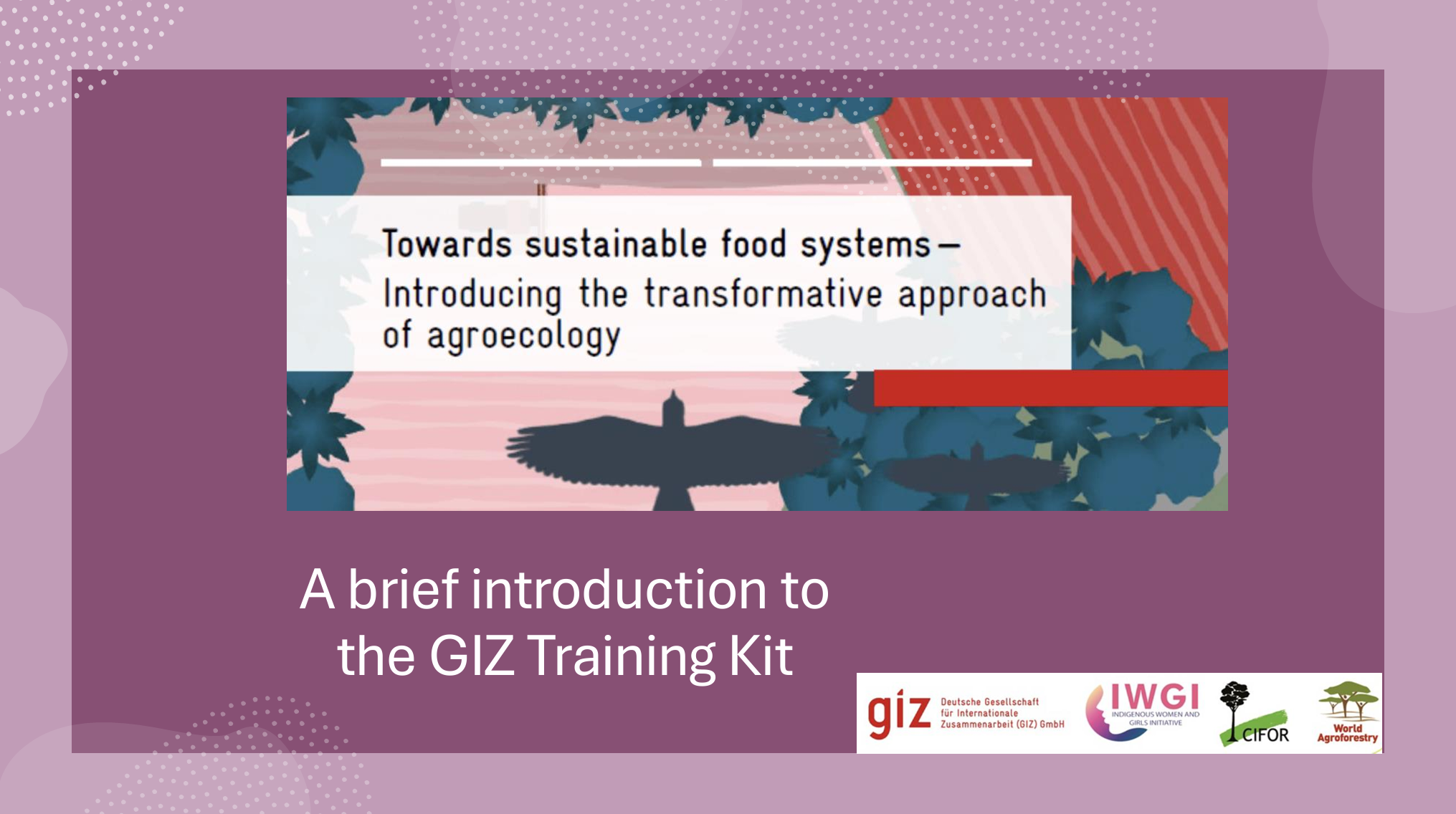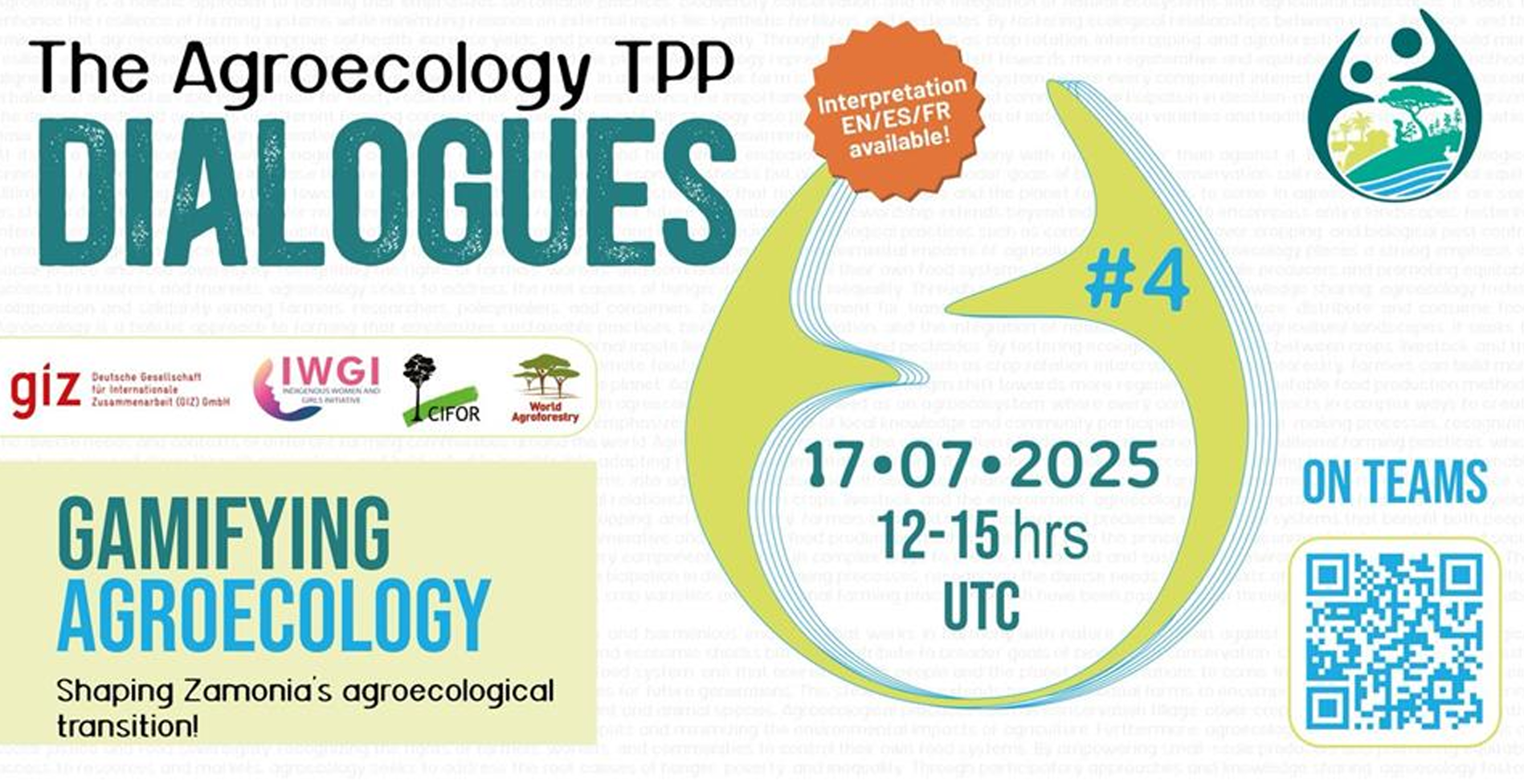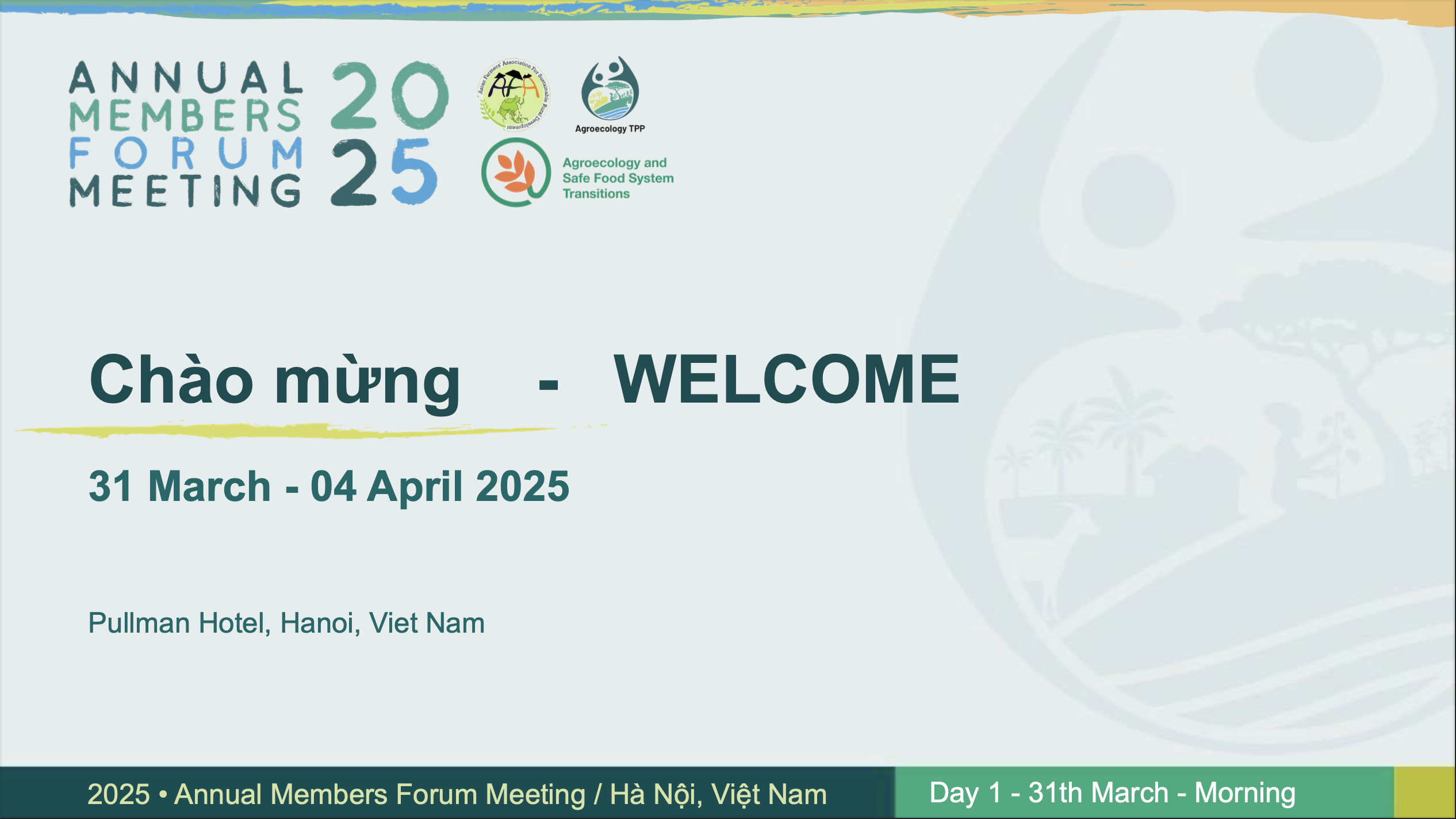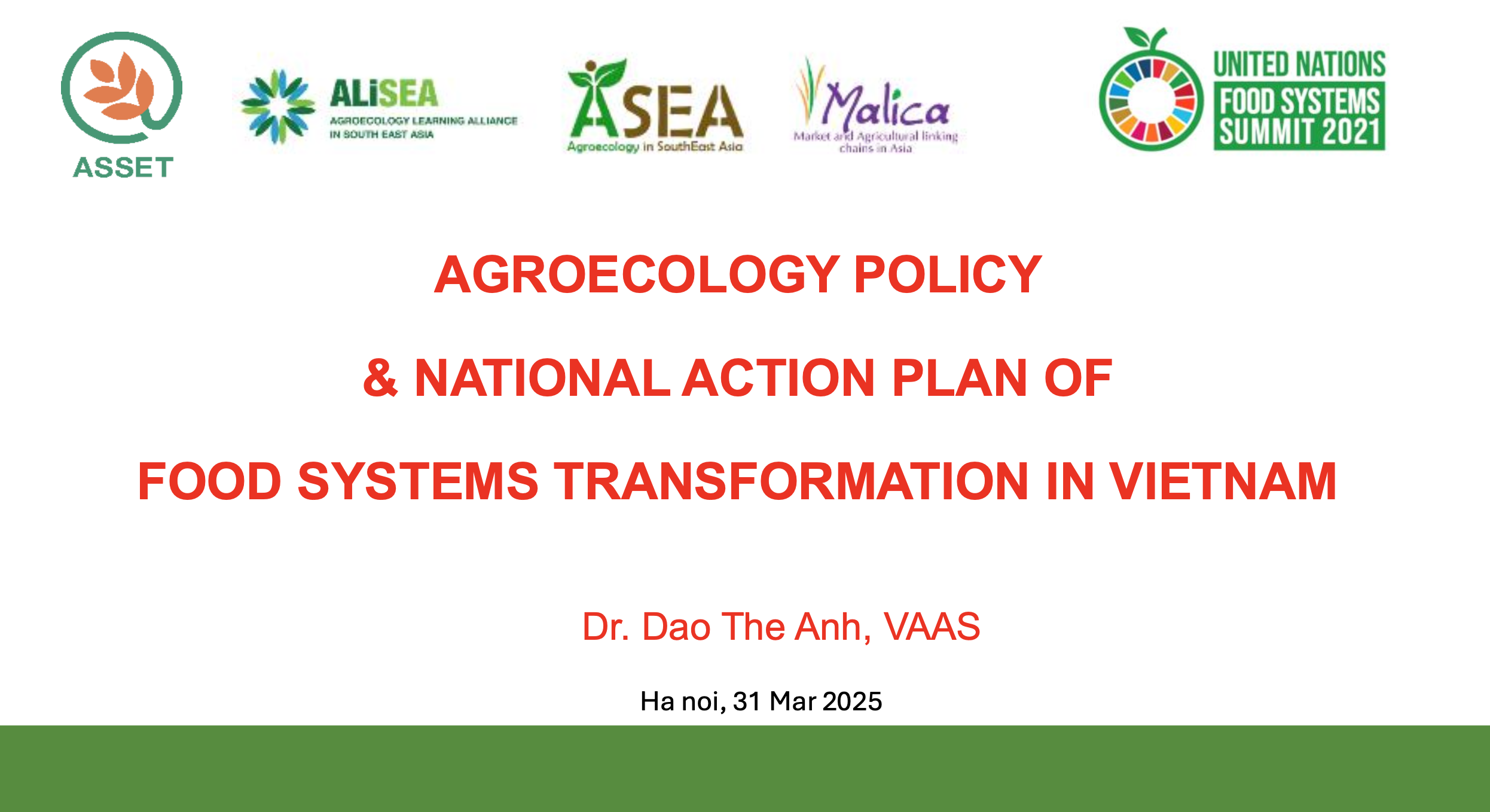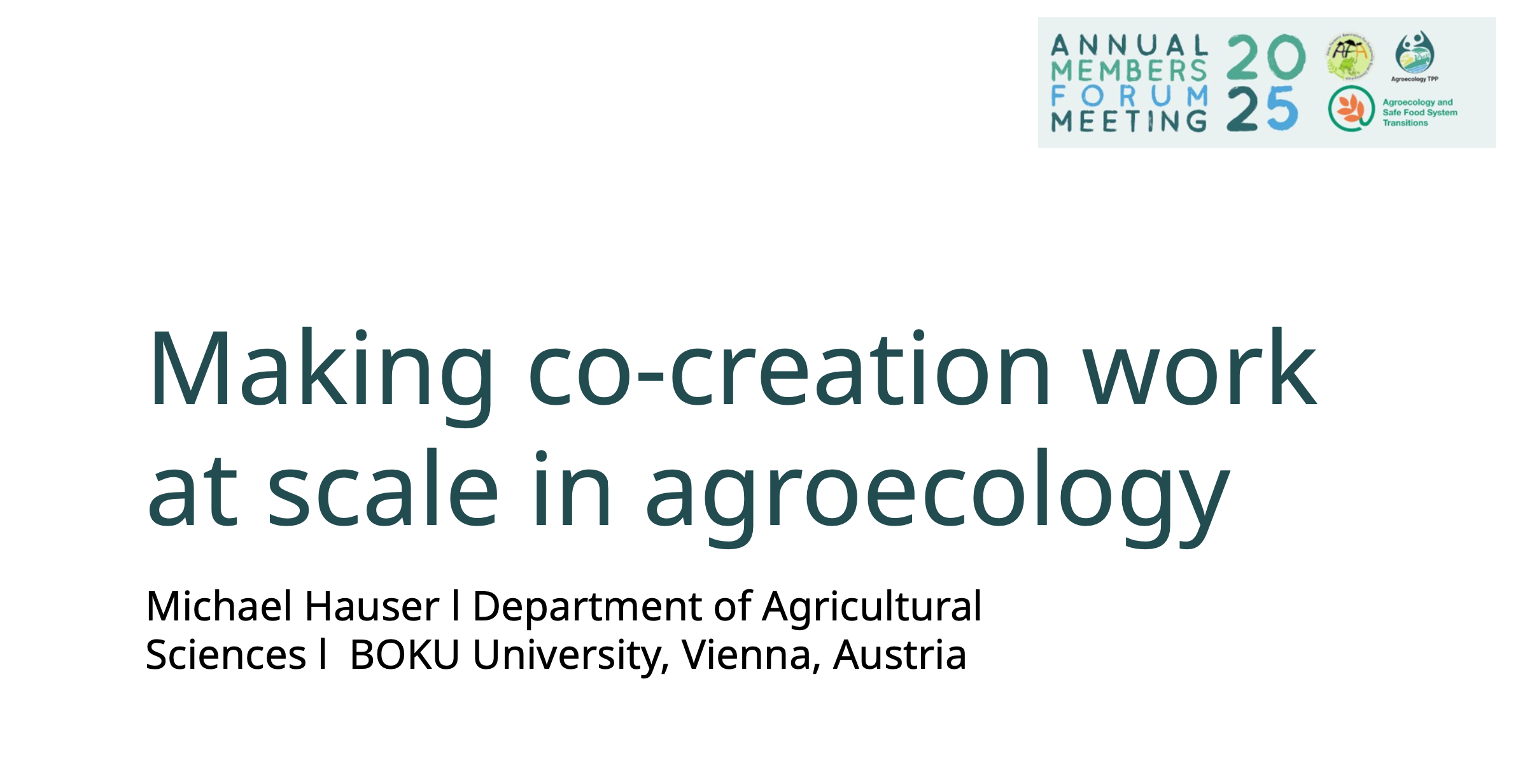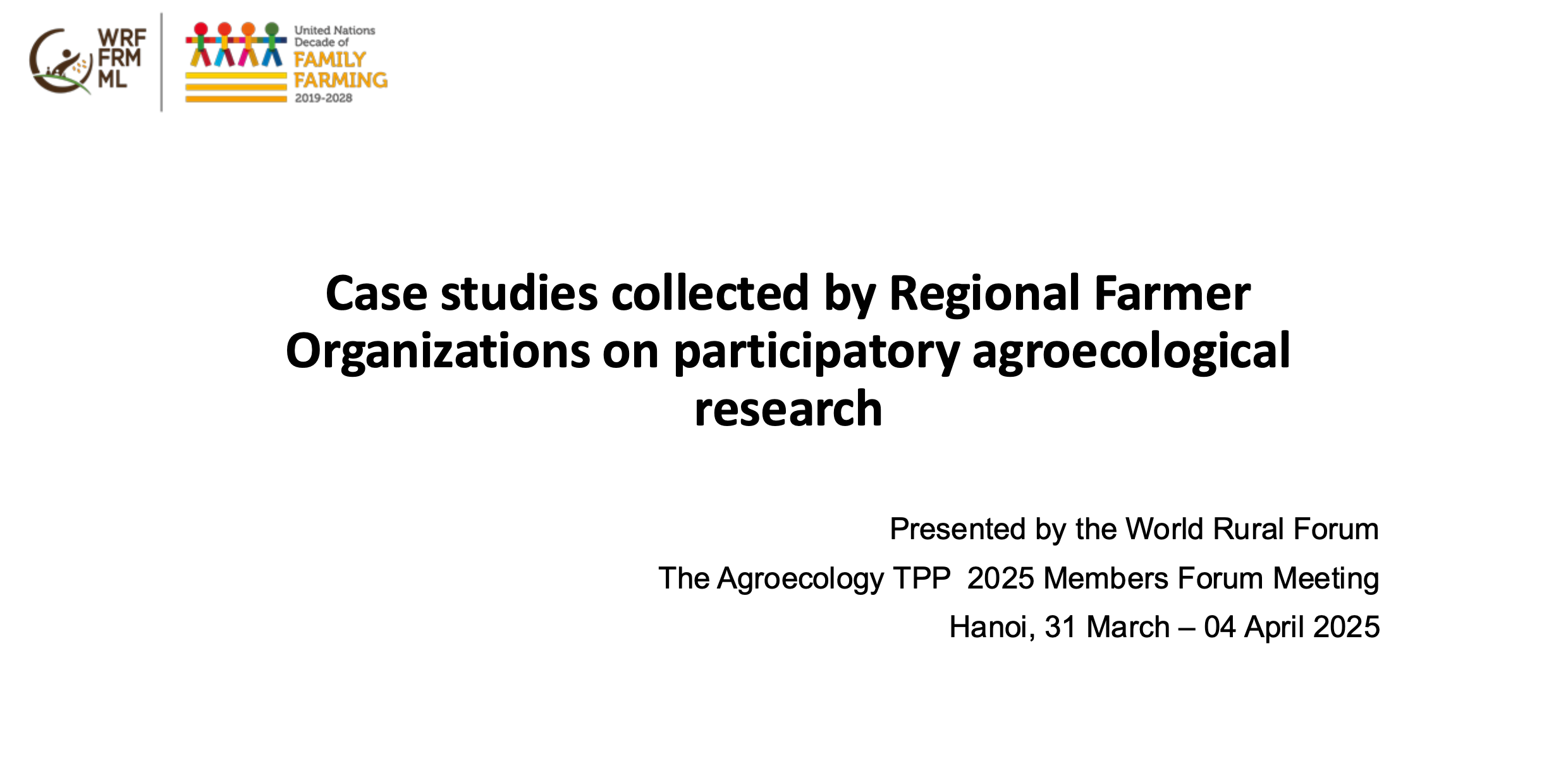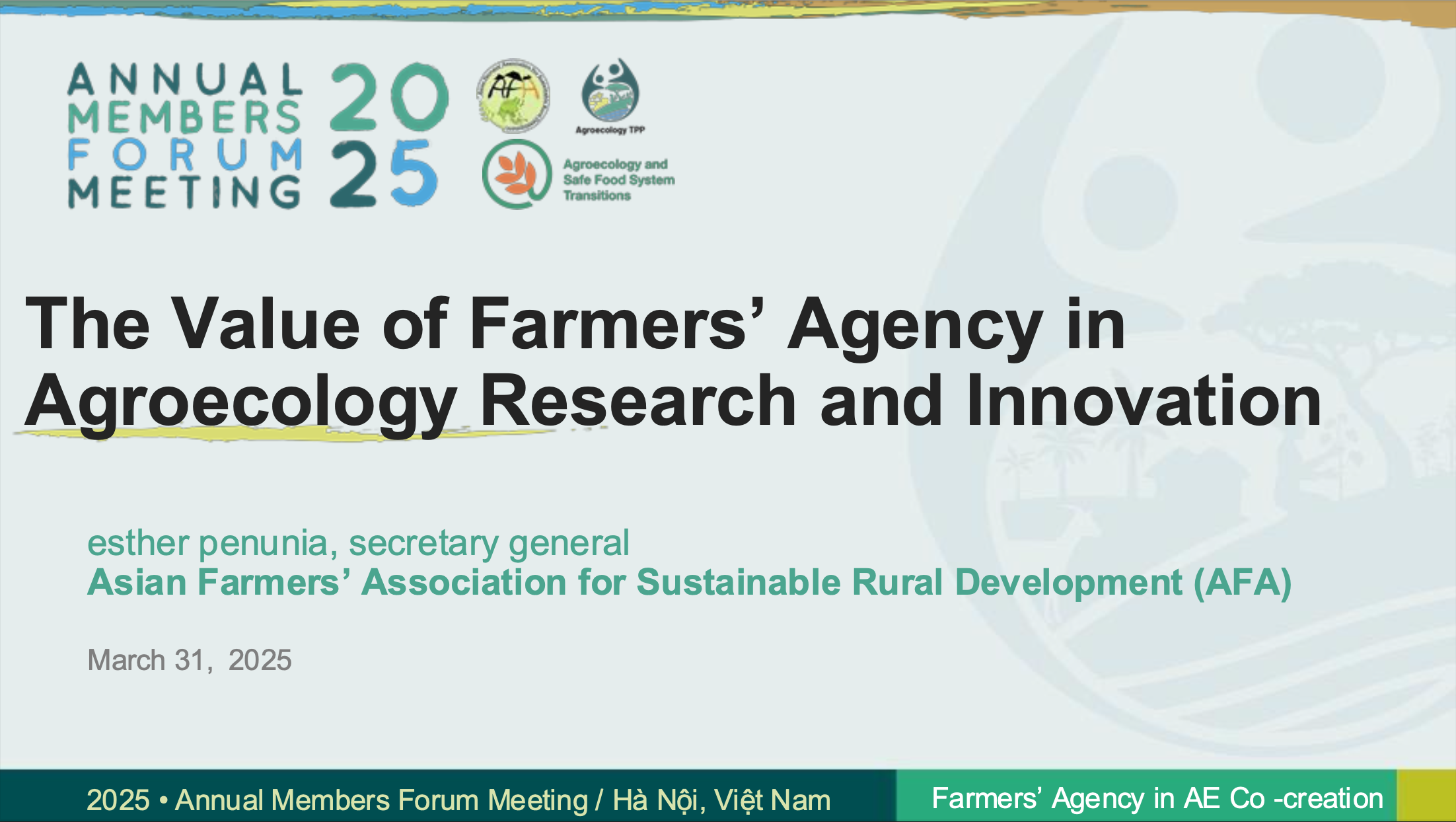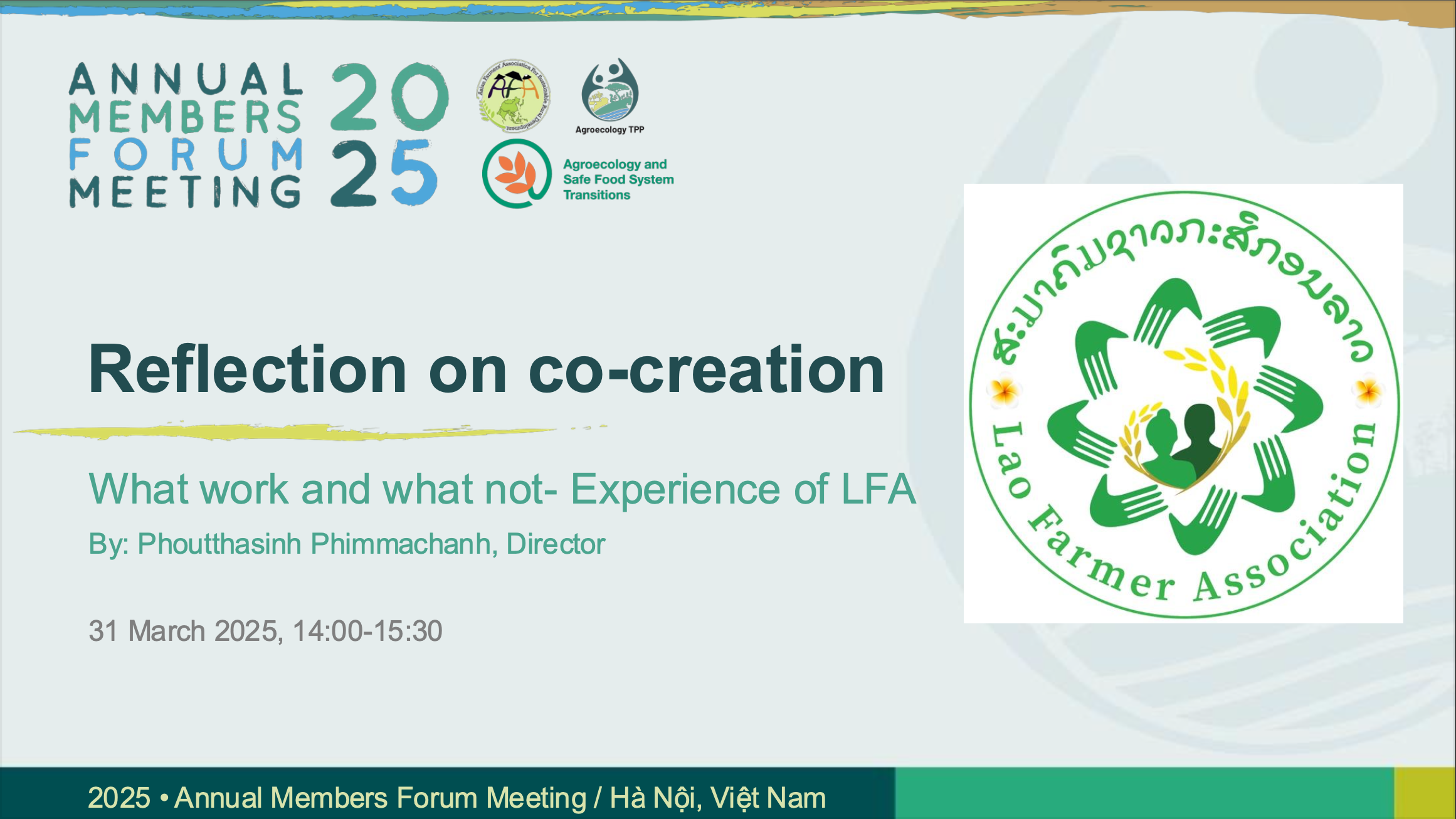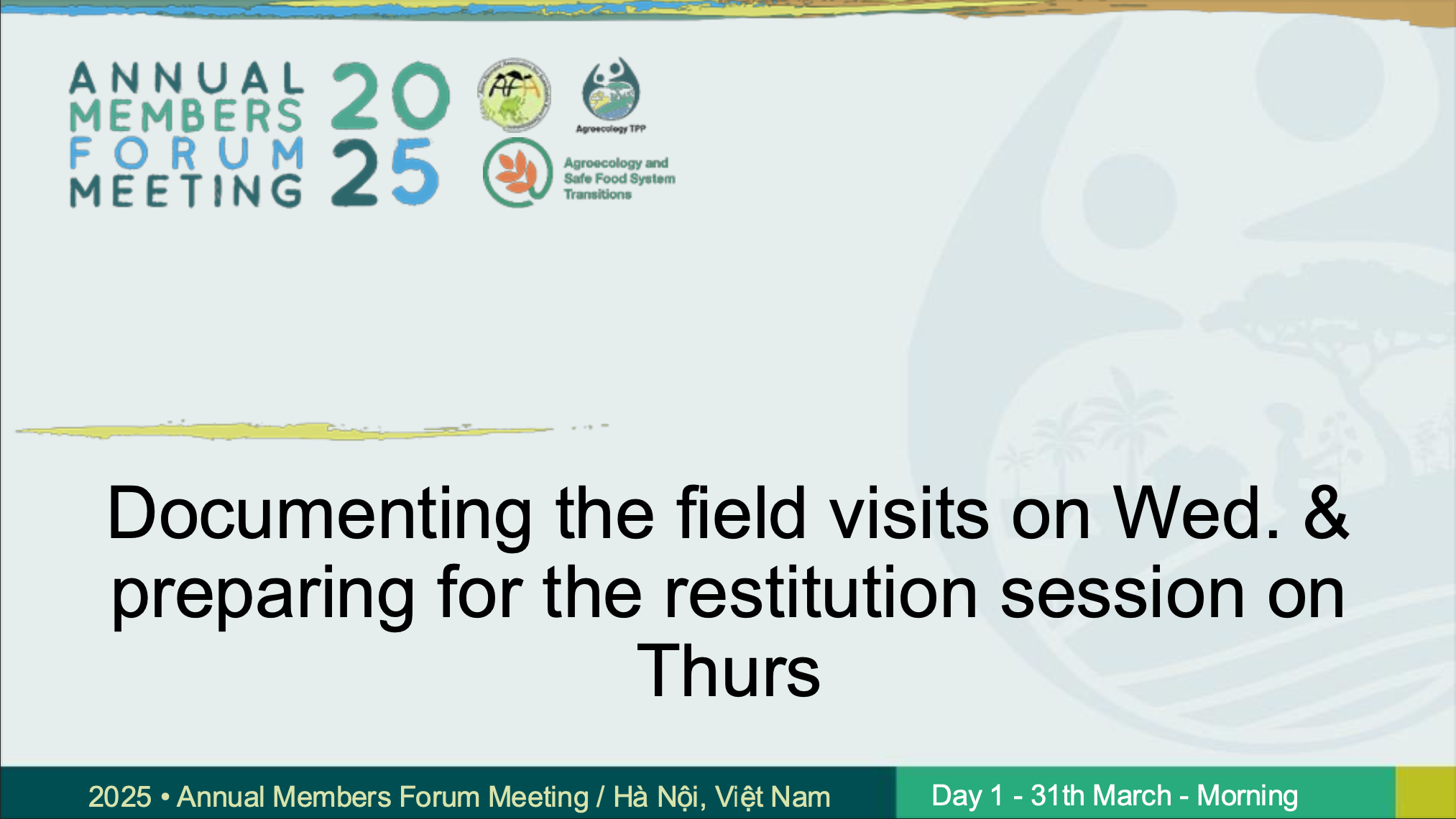At the heart of dialogue #4 was an innovative role-playing exercise set in the fictional country of Zamonia, a nation at a crossroads in its agricultural policy. Participants took on roles as representatives of stakeholder groups or citizen observers, and together, confronted trade-offs, negotiated priorities and co-developed policies that formed an inclusive agroecological transition strategy…
Type Archives
AE-TPP Dialogue #4 GIZ Agroecology Training Kit Presentation
An introduction to GIZ’s training materials. By Isabel Renner, GIZ consultant and co-creator of the Zamonia simulation exercise.GIZ Training materials – Towards Sustainable Food Systems English • Reader – Towards sustainable food systems• Exercisebook – Towards sustainable food systems• Case work – Towards sustainable food systems• Trainer Guide – Towards sustainable food systems French •…
AE-TPP Dialogue #4 Gamifying Agroecology Introduction
On 17 July 2025, the AE-TPP together with the German Development Cooperation (GIZ) hosted the fourth AE-TPP Dialogue “Gamifying Agroecology – Shaping Zamonia’s agroecological transition”, an immersive, fully online workshop that featured an interactive role-playing exercise set in the fictional country of Zamonia. This is the introduction PPT
AMFM2025 Guiding Presentation
Guiding Presentation of our 2025 Annual Members Forum Meeting, from the Facilitators
Agroecology Policy & National Action Plan in Viet Nam
Presentation by Dr. Dao The Anh, VAAS at our 2025 Annual Members Forum Meeting
Making Co-creation Work at Scale in Agroecology
Michael Hauser, Department of Agricultural Sciences l BOKU University, Vienna, Austria
Case studies on participatory agroecological research
Collected by Regional Farmer Organizations, presented by Bélen Citoler, World Rural Forum
The Value of Farmers’ Agency
in Agroecology Research and Innovation, by Ma. Estrella “Esther” Penunia
Reflections on co-creation, Experiences of LFA
by Phoutthasinh Phimmachanh, Director of Lao Farmers Association
Field Trip Documenting and Reporting
Documenting the field visits and preparing for the restitution session, by Bernard Triomphe, CIRAD


